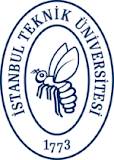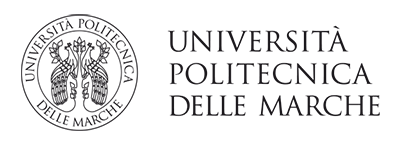ABOUT US




"The Mediterranean diet (MD) represents a set of skills, knowledge, practices, and traditions ranging from landscape to table, between crops, harvesting, fishing, food processing, and, in particular, food consumption. The MD is a nutritional model that has remained constant over time and space, consisting mainly of olive oil, cereals, fresh or dried fruit, and vegetables. Nowadays, the strong demand for adequate nutrition is accompanied by concern about environmental issues and a considerable emphasis is paid on recovery and recycling of food by-products and wastes. The transition towards more sustainable food systems, as a new “Farm to Fork Strategy”, requires the involvement of all actors of the food systems with the final goal to provide healthy, adequate, safe, nutritious, and sustainable food to everyone, taking into account the three pillars of sustainability: environmental, economic and societal. The Oli4food proposal aims to increase the adherence to MD removing the main barriers to consumption of olive-based products by a consumer-centered-design strategy. In particular, the proposal intends to apply a biotechnological sustainable production system to valorise by-products of olive oil extraction to satisfy the demand of taste acceptability, cultural identity, and economic accessibility. Besides, formulation/reformulation of the olive oil- and olive-based products will be carried out in order to enhance the diversity of healthy olive based food products. Oli4food proposes to apply, at an industrial scale, a process based on an integrated multidisciplinary approach, using selected microbial pools for valorising olive-based products through a biological de-bittering process and addition of probiotic selected strains. In order to exploit resilient biodiversity, each partner in Mediterranean countries (Italy, Turkey, Spain, Germany, Morocco and Egypt) will focus on local olive cultivars and autochthonous selected microorganisms will be used to reduce the bitter taste of olive-based products. Safety traits, bioactive compounds availability, probiotic survival, and sensorial traits will be evaluated. Besides,












